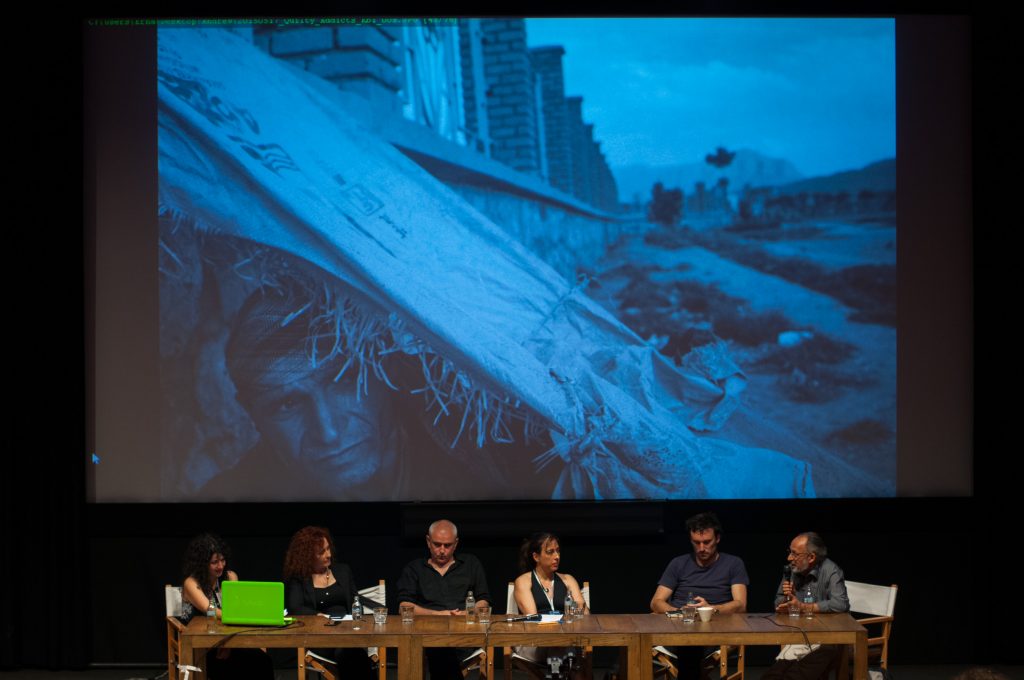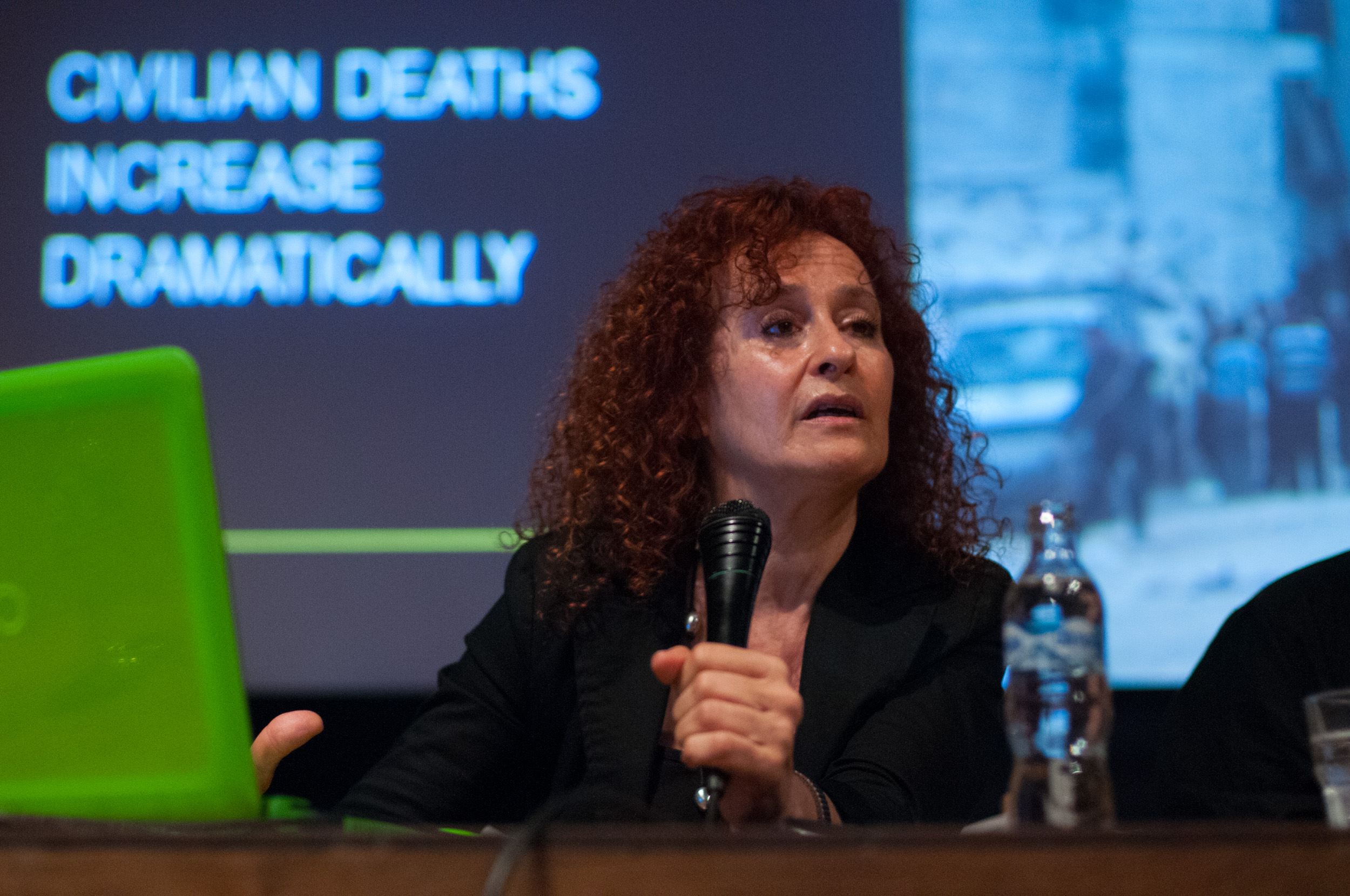
On Friday, 1 July 2016, the WARM Foundation partnered with Amnesty International to host a conference during the 3rd annual WARM Festival in Sarajevo entitled “Civilians Caught Between Jihadism and State Repression: Breaking the Myths”.
On Friday, 1 July 2016, the WARM Foundation partnered with Amnesty International to host a conference during the 3rd annual WARM Festival in Sarajevo entitled “Civilians Caught Between Jihadism and State Repression: Breaking the Myths”. Conference attendees had the opportunity to hear from five renowned panelists: Cécile Hennion (Le Monde journalist), Donatella Rovera (Amnesty International’s Senior Crisis Response Adviser), Sean McAllister (documentary filmmaker), Andrew Quilty (photojournalist), and Manoocher Deghati (photojournalist).
The conference commenced with a short introduction and background information on the current predicament of jihadism, as well as the problems facing thousands of citizens in nations with jihadist presence – particularly in Syria, Yemen, and Afghanistan.
Western academics began using the term “jihadism” in the 1990s, in an effort to differentiate between violent and non-violent Sunni extremism. Today, the word is laden with stigma and stereotypes, and Le Monde journalist Cécile Hennion discussed how many people jump to conclusions about jihadist individuals without considering the environmental, political, and economic factors that may have played a role in their decisions to become jihadists. She asserted that there is little effort made by the media, especially in the West, to understand why individuals join groups such as ISIS.

In Syria, civilians live in constant fear of danger and bereavement. Within the short span from 2012 to 2013, the city of Aleppo transitioned from hosting peaceful, non-violent demonstrations, to being a location characterized by violence and demolition of entire neighborhoods. The state repression and insecurity under the presidency of Bashar Al-Assad were elucidated as two of the sources related to the rise in jihadism in Syria. Hennion commented on the manner in which media was covering the war in Syria and expressed her disappointment that it has the tendency to cover, and place more importance on, events such as an abducted child over news about the thousands of citizens being killed in Syria.
Yemen is another country that was mentioned as having a scarce amount of media coverage, and its conflict is often considered the “forgotten war.” During the conference, it was discussed that the victims in Yemen are far too often children and that there is also a growing number of child soldiers emerging across the region. A part of this problem stems from the utter lack of resources and opportunities families have in Yemen. This type of economic desperation was also identified as a factor associated with the increased support for jihadist groups.
Photojournalist Andrew Quilty talked about his experiences in Afghanistan, the extremely impoverished conditions there, and how civilians must cope with constant regime changes. “Afghans are so tired of conflict, and they will support whoever and whatever they need to in order to make it through to the next day,” Quilty explained. The promise of safety and security is another reason why civilians pledge their allegiances to groups like ISIS, or corrupt government regimes.

Many conference participants ultimately called for an increase in global awareness and understanding as to why individuals become jihadists and/or join extremist groups. In the words of Sun Tzu, “To know your enemy, you must become your enemy,” which, in the case of jihadists and violent extremist groups, means sympathizing and identifying with the myriad of deplorable conditions and obstacles that the citizens of Syria, Yemen, Afghanistan, and many other nations face on a daily basis. If these circumstances and factors that promote jihadist ideologies can be ameliorated, perhaps the reach and perpetuation of groups like ISIS can be thwarted.
—
The 3rd annual War Art Reporting and Memory (WARM) Festival took place in Sarajevo from 26 June to 2 July 2016. Organized by the WARM Foundation, in collaboration with the Post-Conflict Research Center (PCRC), the Festival brings together artists, reporters, academics and activists around the topic of contemporary conflict.






